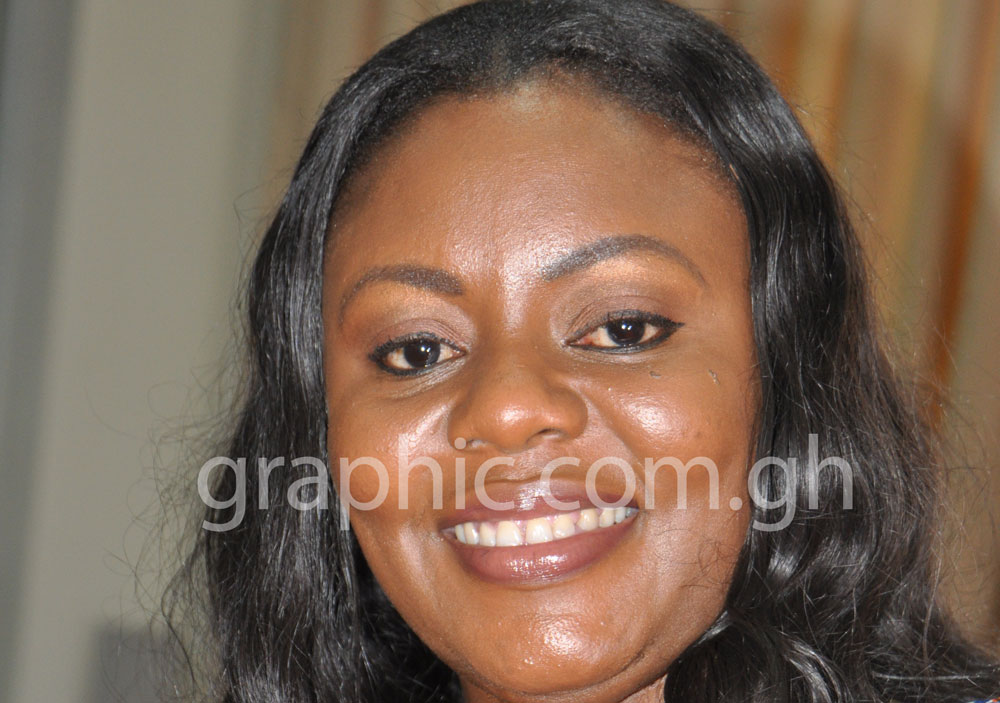‘Condemn harmful socio-cultural practices against children’
 The Day of the African Child is marked on June 16 each year to honour the memory of schoolchildren killed and the courage of all those who marched in 1976 during a demonstration in Soweto, South Africa.
The Day of the African Child is marked on June 16 each year to honour the memory of schoolchildren killed and the courage of all those who marched in 1976 during a demonstration in Soweto, South Africa.
On that day, an estimated 10,000 schoolchildren gathered at the Orlando Stadium, Soweto in South Africa, to protest against an apartheid-inspired education in that country and to demand lessons in their own language.
These unarmed and poor pupils were, however, brutally attacked by policemen and in the process an estimated 176 children lost their lives while thousands of them got wounded. This day has come to be known throughout the world as "Soweto Uprising"
Since 1991, the African Union and its partners have set aside this day to recall this incident in the history of the African child and a day when stakeholders collectively reflect on the day-to-day realities that confront the African child.
Advertisement
The day further provides an opportunity for African governments and non-governmental organisations and individuals to renew their commitments towards improving the conditions of the poor, excluded, marginalised in general and vulnerable children in particular.
To commemorate the day in Ghana, the Member of Parliament for Ledzokuku, Mrs Benita Sena Okity-Duah, made a statement on the floor of Parliament last Tuesday.
The theme for the commemoration of this year's event was "Eliminating harmful social and cultural practices affecting children: Our collective responsibility".
In her statement, Mrs Okity-Duah, who is also a Deputy Minister for Gender, Children and Social Protection, spoke about the harmful effects of social and cultural practices and condemned all practices within the traditional, religious and social environment that were detrimental to the physical, psychological, social well-being, health and general development of the African child.
She stated that these social and cultural practices included, but not limited to female genital mutilation, infanticide, child labour and forced marriages.
"It is about time we examined our positions when it comes to these harmful social practices affecting our children," she said and added that a cursory look at the situation painted a picture that suggested that "we all have thrown our hands in despair, giving an aura of morality to practitioners and believers of these practices".
Mrs Okity-Duah said Ghana had over the years made considerable strides in life through efforts to ensure that the country remained, to a large extent, a safe haven for children.
She cited laws such as the Human Trafficking Act 2005 (Act 694), Child Regulations and Labour Act 2005 (Act 651) and Domestic Violence Act (Act 732), which have been enacted to augment existing laws such as the Children's Act 1998 (Act 560).
She called on NGOs and all partner agencies to step up their support for state interventions geared towards the protection and development of children in the country. She suggested that state institutions which had direct mandate over children should be supported to execute their mandate satisfactorily.
Contributing to the debate, some MPs expressed concern about the ban of pregnant students in some of the country's colleges of education from writing their final exams and called for such acts to be checked.
Others expressed worry about children who were forced to marry and child labour among other abuses of children’s rights.
